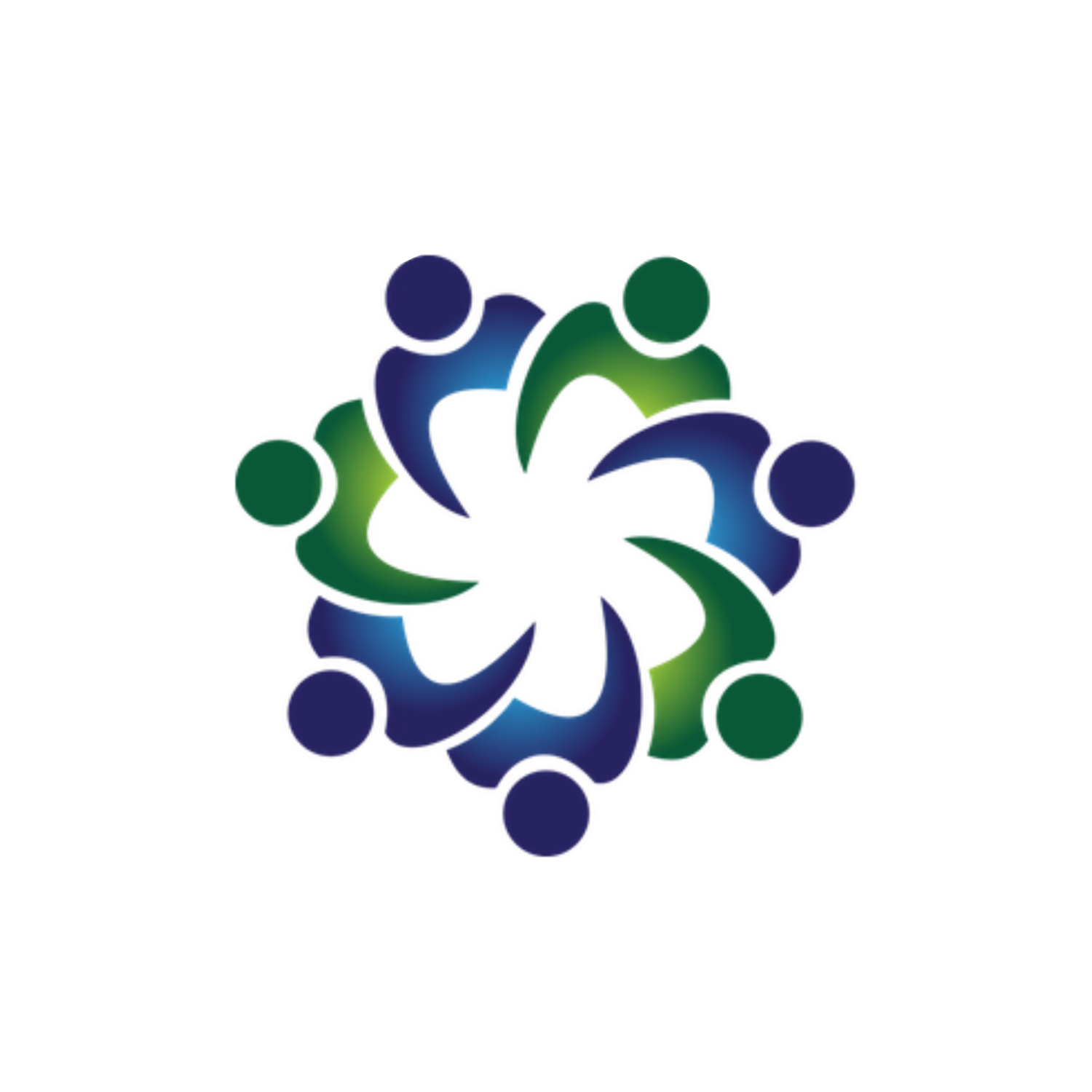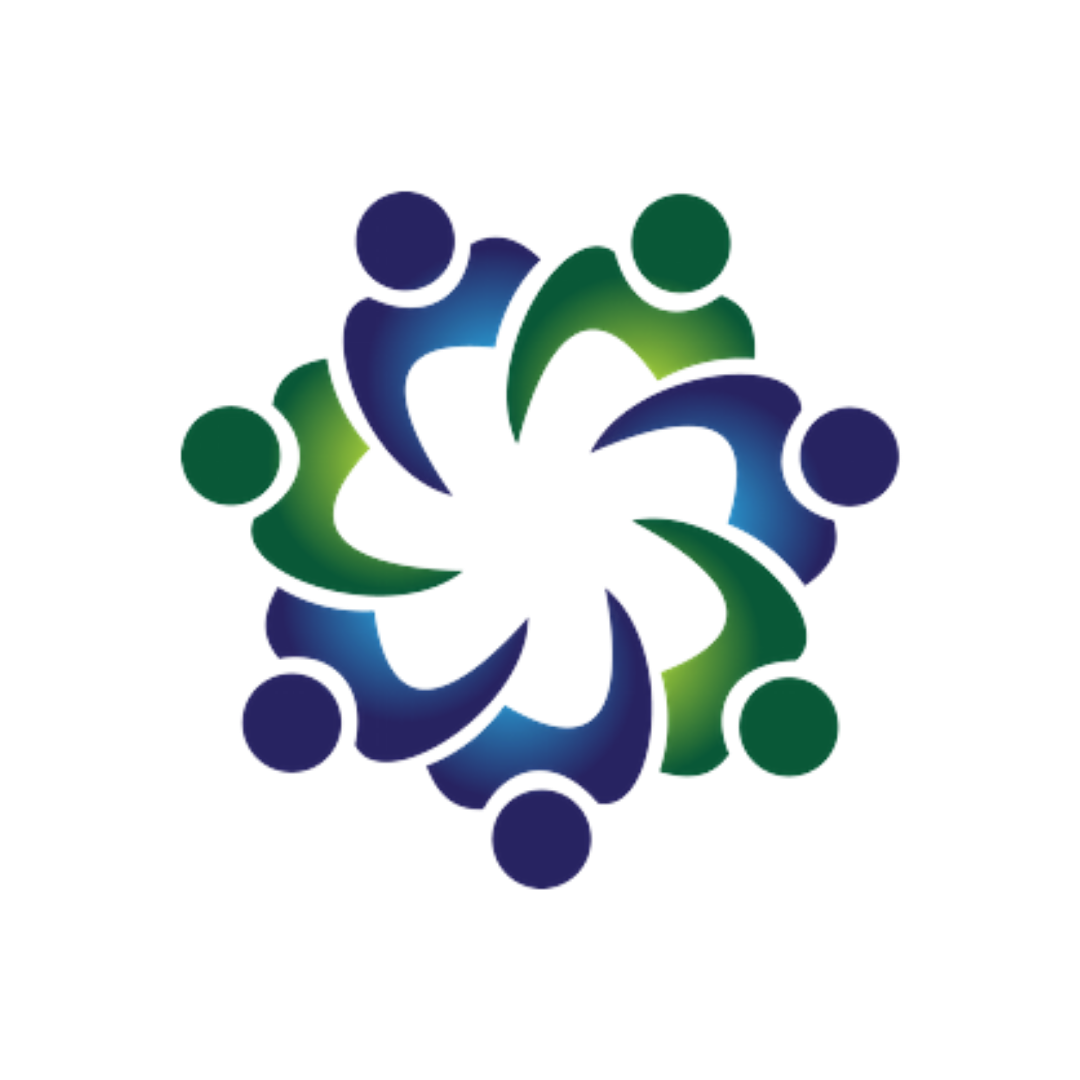What it’s like to manage three chronic illnesses in a foreign country...during a pandemic.
By Dannielle Stewart
It’s the middle of a ten hour shift in recovery, I’ve spent two hours with a patient in a great deal of pain, giving what medication I can, and pleading with the anaesthetist for more when what I have is not enough. As someone who’s woken up in recovery myself in horrific pain, I know how overwhelming it can be, and helping someone find relief is why I love being a recovery nurse. I discharge my patient to the ward and start to clean my bay, decontaminating is now more important than ever, but I feel myself taken over by a familiar sensation. It’s a heaviness, slowly but surely becoming deep, painful cramping in the centre of my pelvis. It’s the first time in months I’ve felt it so significantly. I try my hardest to distract myself. I help other nurses, I make medications for the afternoon high care cases, a colleague and I find ourselves cleaning the bottom of a linen billy. Most of the time, distraction works, but not today, the pain becomes too much. I step into our storage room, and sit in the corner, pulling down my mask for the first time in hours, so I can breathe deeper. Don’t faint, please don’t faint, I beg of my body. Another nurse steps into the room to check his phone, at first he doesn’t see me, but soon enough his eyes meet mine and he comes to kneel beside me. I quickly pull my mask back up. I tell him that I have endometriosis and adenomyosis, he doesn’t know that because since I started in recovery he’s been in ICU, redeployed to help manage mounting cases of COVID-19. When he realises what’s happening, his face softens and instinctively he reaches out to provide some touch of comfort, but stops himself as his fingers graze my shoulder, his hand falling away. We’re not supposed to touch, or be too close to one another, to reduce the risk of transmission. It’s in this moment that I realise how much I once took for granted the simple comfort of someone’s touch when I am otherwise alone with my adenomyosis.
My name is Dannielle, I’m 25, a registered nurse working in theatre recovery, and an Australian expat living in Southampton, England. I also have endometriosis, adenomyosis and postural orthostatic tachycardia syndrome (PoTS).
When I left for the UK in August 2019, the world was a different place, one where no one had ever heard the word COVID-19. I left Australia with a sense of adventure, ready to experience a plethora of new, from my address to my nursing specialty. For the first few months, it was everything I had dreamed of, the job I had always wanted, and travelling most weekends both within the UK and Europe. In March 2020, the world changed, and being a nurse changed too. I remember sitting in a lecture theatre with my colleagues in the first weeks of reported UK cases, listening to our chief anaesthetist and intensive care physician tell us to prepare for the fact that many of us would get COVID-19 - and that we didn’t know enough about it yet to say we’d all survive. Many of us were redeployed to intensive care, more than once. There was a tension in the air as numbers rose and people ignored our pleas to stay home. History had its eyes on us, and we felt the pressure.
I’d had little contact with the NHS as a patient until I’d been living abroad for over a year, my pain had been well controlled and while I’d faced challenges from working in heavy PPE because of PoTS, I was able to make adjustments. In October 2020, just after my 25th birthday, my pain became less manageable, more frequent and intense. Mere days after my episode in the storeroom, I tested positive for COVID-19 and spent the next ten days isolating. I was lucky to have relatively few symptoms, and my smell and taste returned within a week, but ten days alone with nothing but my body made me realise how much pain I had been experiencing but pushing aside, because work demanded so much of me.
GPs were conducting most consults via phone, sometimes one waited weeks for an appointment. Seeing a new GP is always a source of stress for me, even without the added challenge of someone unable to physically see you. Unfortunately the GP I talked to didn’t know much about adenomyosis, and didn’t really know how to help. I knew I would have to look elsewhere. The NHS is an amazing resource, but it’s also a strained resource at the best of times, let alone during a pandemic. It lacks a certain ease of navigation when compared to my experience in Australia. Back home, if I didn’t like my GP, I would find another one. If my local bulk billing clinic was too busy, one can usually find a reasonably priced private billing clinic and be seen quickly, even getting a partial Medicare rebate. While there is certainly an issue of access in regional areas, I had the privilege of living in the city, and the access that came with it. Here in Southampton, I travelled to nearby Winchester to a private women’s health GP. She was kind and understanding, and with a little help from my specialist in Australia via email was able to help me. However seeing her privately cost me £170 (for an appointment, and subsequent IUD removal when it was identified that one had moved). An initial appointment alone cost me the same as a 40 minute appointment with my endo/adeno specialist in Australia. I volunteered for three overtime shifts at work to generate the extra income to cover the consults, the scan, and the private prescription I needed. Compared to Australia, I feel more alone in managing my care, there is a lack of endo experts in allied health to make up my team. Even more so because of lockdown rules and restrictions that mean I can’t travel unnecessarily (for example to London where there are more endo/adeno experts), or spend time with anyone outside my household - and I live alone.
Despite the challenges of managing my conditions abroad, during the additional challenges brought by the pandemic, I am thankful for my access to free healthcare in an emergency. If I needed surgery or to attend A&E, it would be free on the NHS. I’ve become even more independent in managing my pain and symptoms, because sometimes I am all I have. More than that, I am grateful for my fellow recovery nurses, who have become my family in this home away from home. The pandemic has been tough, and we are exhausted, but our friendship and camaraderie has kept us alive. On my hardest days they help me find the passion and sense of duty within myself. When I return to Australian shores, I will do so proud to have been an NHS nurse.

